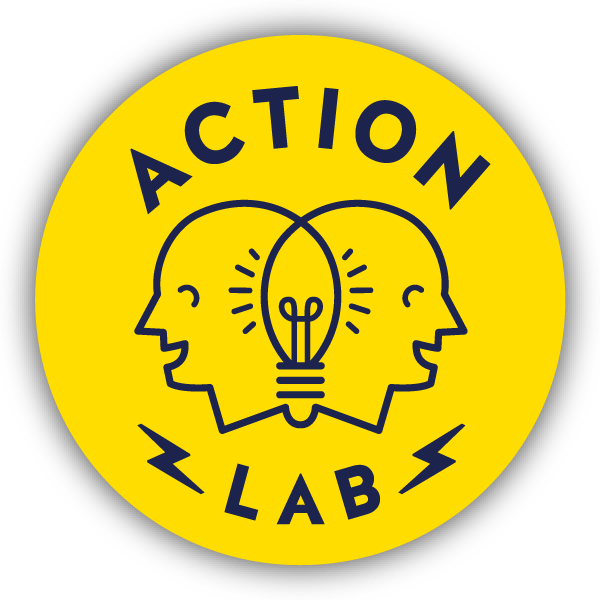Design by Doing 2.0: Culturally Adapting the Social Innovation Process
Together, with the City of Edmonton, EndPoverty Edmonton and Multicultural Health Brokers Cooperative, Skills Society Action Lab worked alongside the Bhutanese community in Edmonton to explore pathways and barriers to gainful employment. What was unique about this lab was our approach – every step of the lab process was culturally adapted in partnership with members of the Bhutanese community!
Mini Documentary
Project Report
Prototype Posters
More About the Project
Why culturally adapt a social innovation process?
Social innovation processes are increasingly being used as approaches to problem solving. The tricky bit is, they often reflect Western approaches to problem solving. This can pose challenges when looking to work with other cultural groups who might approach problem solving differently in their culture. Design by Doing was an experiment – a first attempt at adapting the social innovation process to reflect a mix of Western and Bhutanese values and approaches to problem solving.
One of the tools used in the lab, the Action Lab Agreement, adapted and translated with leaders within the Bhutanese community
Why engage the Bhutanese Community?
The newcomer population in Edmonton is diverse. While there are settlement and employment supports available for newcomers, they may not be responsive for smaller immigrant and refugee communities who face multiple barriers such as limited English Language skills, limited education, and complex socio-economic challenges. The Bhutanese community is one such community. Despite demonstrating tremendous resilience, cultural wealth, and hopeful optimism that their lives will be better in their new homeland, the 350 members living in Edmonton, find current systems and supports often do not adequately support them in overcoming the multi-faceted barriers to employment they face.
In a nutshell, what did the process involve?
Together we moved through the following ‘phases’:
Scoping the challenge and culturally adapting the process: Pre-lab workshops took place over the course of 6 months. During these workshops the stewardship group researched, explored, and worked alongside Bhutanese community leaders to scope the challenge area and culturally adapt the process. A period of learning took place, during which the stewardship team learned from the Bhutanese community leaders how their community generally approaches problem solving in their cultural context. Allowing this information to guide us, and drawing on human centred design principles, we co-created culturally sensitive lab tools and processes.
Generating, refining, and testing the prototypes: A variety of stakeholders gathered for a 2 day workshop and two evening workshops to generate, refine, and begin to test the emerging prototypes.
Prototype working groups: Next, prototype teams gathered over the course of several months to further refine their prototypes. They created content for explanatory posters and conducted further testing with the community.
What emerged?
Three prototypes that have been field tested with community members emerged from the process – one focussed on boosting English Language skills related to employment, a second developing a brokering approach to supporting gainful employment, and a third focussed on supporting people in starting ‘side hustles’ that leverage their unique gifts and talents. These prototypes are now in various stages of moving from prototype to pilot.
In addition to the prototypes we also saw:
An increase in awareness about the Bhutanese community and their employment needs
A number of Bhutanese community members found jobs as a result of connections and relationships built in the process
A deepened understanding of approaches to problem solving with communities rather than to communities
New relationships that could lead to fruitful collaborations and partnerships in the future
New relationships that could lead to fruitful collaborations and partnerships in the future
Leaders from the Bhutanese community, EndPoverty Edmonton, Skills Society Action Lab, City of Edmonton, and Multicultural Health Brokers Coop involved in the project.







